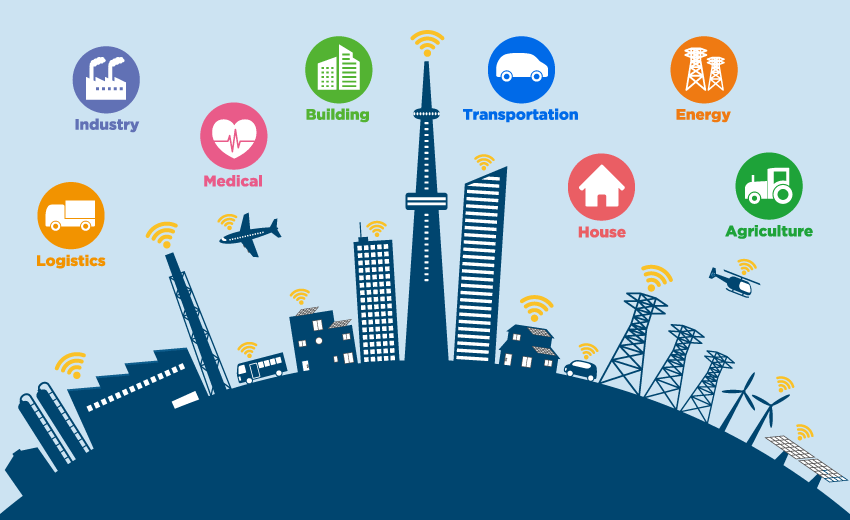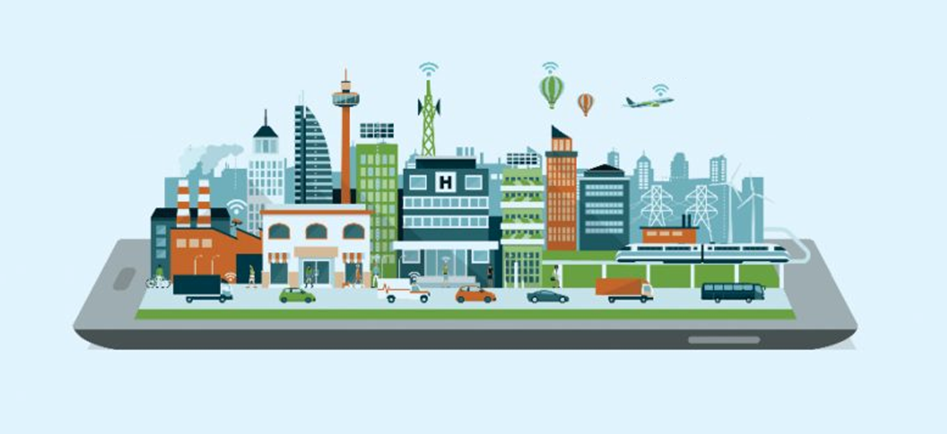Consequences of Artificial Intelligence for Urban Societies (CAIUS)
Making smart cities socially equitable
AI systems help to efficiently allocate scarce public resources and are at the core of many smart city activities. Yet, the same systems may also result in unintended societal consequences, particularly by reinforcing social inequalities. CAIUS will identify and analyze such consequences.


Background
AI systems help to efficiently allocate scarce public resources and are at the core of many smart city activities. Yet, the same systems may also result in unintended societal consequences, particularly by reinforcing social inequalities. CAIUS will identify and analyze such consequences.

Method
To this end, we develop an innovative methodology combining expertise from computer science and social science. Using agent-based models (ABM), we analyze the effects of AI-based decisions on societal macro variables of social inequality such as income disparity. The data input for these ABMs consists of both Open Government Data, digital traces, and own surveys. The goal is to train AI systems to account for their social consequences within specific fairness constraints; this synthesis of ABM and fair reinforcement learning lays the groundworks for what we call “Impact-aware AI” in urban contexts.

We use agent-based models and fair machine learning to model the impact of smart city policies on society




